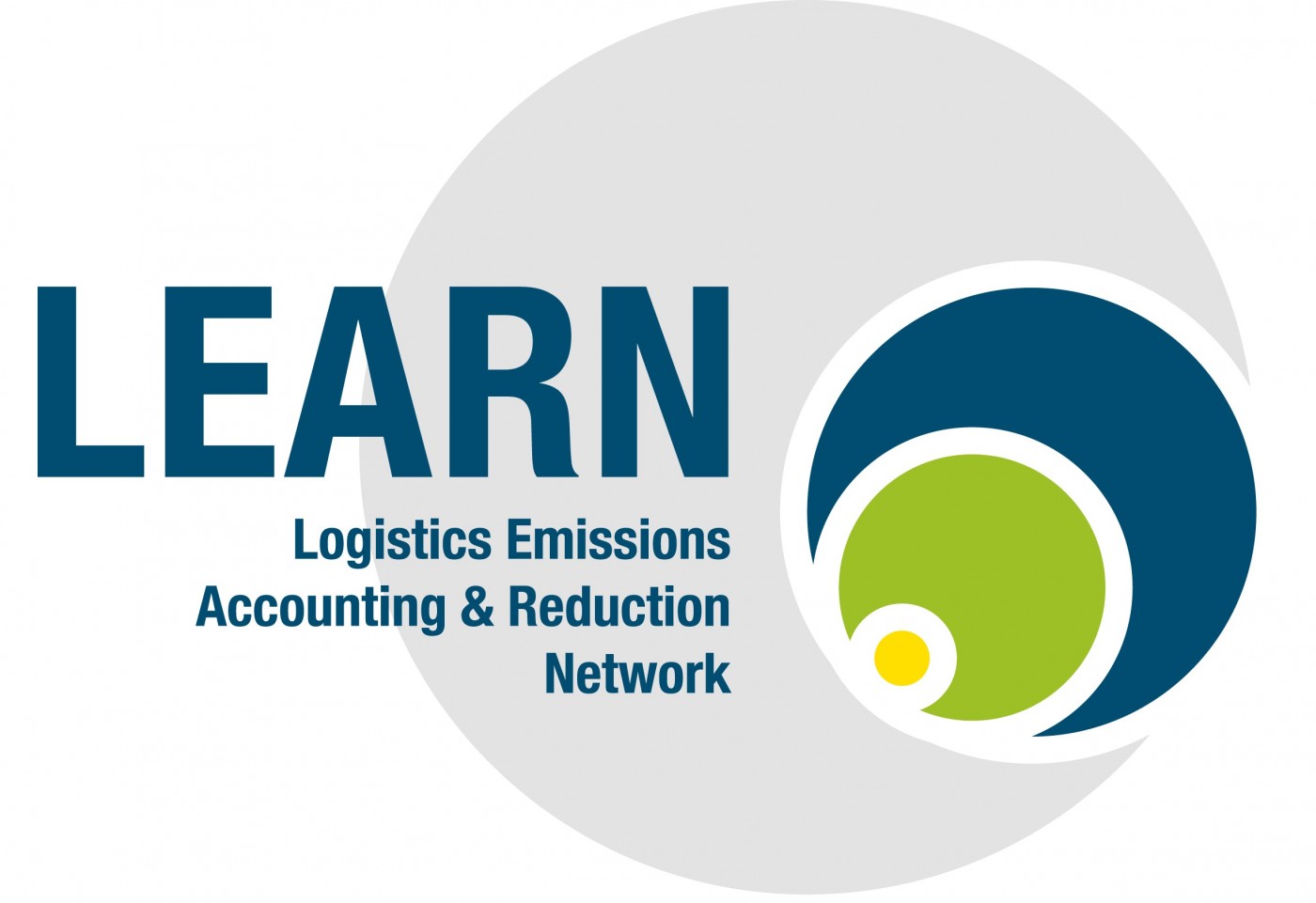CLECAT Intermodal 2017 Panel on Reducing Carbon Footprint
 CLECAT organised a panel session on 29 November as part of Intermodal Europe 2017 entitled "Empowering freight forwarders, carriers and shippers to reduce their carbon footprint." CLECAT Director General Nicolette van der Jagt moderated discussions on the benefits of emissions accounting and reporting for logistics companies, which is the subject of the LEARN Project and the GLEC Framework.
CLECAT organised a panel session on 29 November as part of Intermodal Europe 2017 entitled "Empowering freight forwarders, carriers and shippers to reduce their carbon footprint." CLECAT Director General Nicolette van der Jagt moderated discussions on the benefits of emissions accounting and reporting for logistics companies, which is the subject of the LEARN Project and the GLEC Framework.
The panel event featured presentations of both the LEARN project and the GLEC Framework, discussing how logistics players can be motivated to begin measuring and reducing their emissions, drawing on practical experience in collaborating to measure and reduce logistics emissions. Eszter Toth-Weedon, Industry Relations Manager of the Smart Freight Centre, presented the GLEC Framework, which provides a harmonised methodology for calculation of CO2 emissions along multimodal logistics chains, and actions which can be taken based on the framework to reduce emissions. Aidan Flanagan, senior policy manager at CLECAT, presented the LEARN project, which aims to build a network to promote logistics emissions accounting and reporting, investigate barriers and problems in its realisation, and test the applicability of the GLEC Framework to real logistics operations.
Rob Zuidwijk, Professor of Ports in Global Networks at Rotterdam School of Management, presented collaborative efforts in the supply chain to reduce emissions, and the varying impacts of voluntary and regulatory initiatives for emission reduction. He also presented the SELIS project, which seeks to link business, technology and capacity innovation for collaborative Green Logistics in order to deliver a Shared European Logistics Intelligent Information Space with a clear path towards 30% reduction of energy consumption and greenhouse gas emissions.
A panel discussion including Anne Dubost, Global Lead Logistics & Sustainability from Heineken, Leon Simons, project manager of Connekt and Colin Smith, certification manager at Energy Savings Trust covered the challenges for companies with global logistics chains to measure and reduce their emissions, the data which is required in order to do so, and how testing work so far in the LEARN project has examined these questions.
Colin Smith presented the work EST is doing in the LEARN Project to support Ewals Cargo Care, a leading European Logistics Service Provider, with multimodal operations across Europe, assessing the sustainability of their operations, in particular through filling the gaps between subcontracted and non-road modes which lack clear real emissions information and therefore forcing a reliance on default values. Leon Simons noted that the biggest value of the Lean and Green program lies in a growing community of companies working and innovating together, initially reducing emissions by 20%, but aiming for zero emissions, with the best results coming from having the best quality data. Anne Dubost pointed out that logistics represents about 12% of Heineken’s carbon footprint, and that the GLEC Framework will allow them to communicate with companies around the world at the same level and transition towards low-carbon, as the principle of benchmarking carbon footprints between comparable companies is important to drive emission reductions. The panel also agreed that as long as there is no widely adopted common standard, voluntary programmes were preferred over legislation.
CLECAT is a member of the Global Logistics Emissions Council, which has developed the GLEC Framework, and a consortium partner of both the LEARN and SELIS projects.